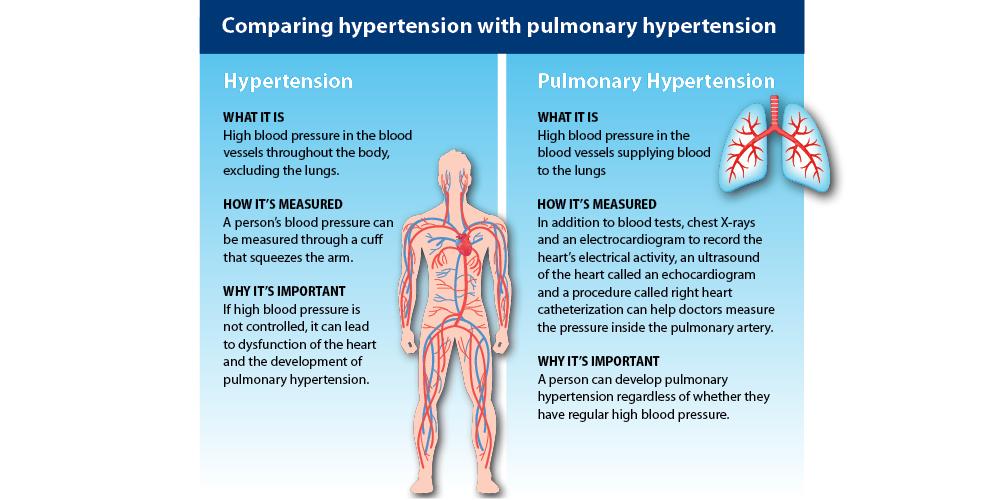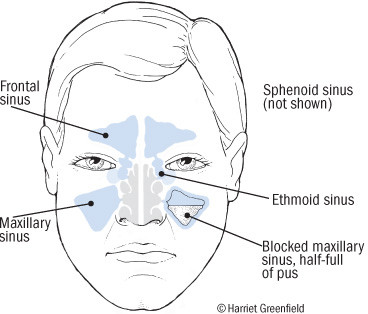Neck pain, also known as cervicalgia, is a common problem affecting a significant portion of the population at some point in their lives. Although the pain is felt in the neck, it can originate from various other spinal issues. The causes of neck pain can range from muscular tightness in the neck and upper back to pinching of nerves or other spinal problems.
One major source of neck pain is related to different types of pain. Acute pain usually stems from tissue injury and is categorized as nociceptive pain. In contrast, chronic pain, often referred to as neuropathic pain, may start with a damaged or irritated nerve, but the pain signals eventually originate from the brain. This distinction is crucial for understanding and treating neck pain effectively.
Surprisingly, everyday activities like sleeping can also contribute to neck pain. For example, sleeping on your stomach forces you to turn your head to the side, while sleeping on your side without proper support can push your neck toward your shoulder. These positions, maintained for hours, can strain neck muscles and lead to discomfort or pain.
Injury to muscles, ligaments, or tendons in the neck or shoulder is another common cause of neck and shoulder pain. This type of pain can range from mild to severe and may be immediately apparent after an incident such as a fall or during sports. However, sometimes the pain appears without a clear cause, making it challenging to pinpoint the exact source.
The structures of the neck, designed to support the weight of your head, can often be a source of ache and discomfort. Numerous causes contribute to neck pain, but modern treatments can effectively relieve it, even without a clearly diagnosed cause.
In some cases, neck pain may also present as a headache, often felt in the back of the head and upper neck. This type of headache is usually due to muscle tension or spasm, characterized by dull or aching pain that worsens with neck movement.
Other conditions such as nerve compression in the neck (cervical radiculopathy) and referred pain from different areas, like the shoulder, can also manifest as neck pain. Symptoms like tingling, weakness, or loss of sensation in the arms, shoulders, or hands may accompany this pain, indicating a more complex underlying condition.

Understanding the various causes of neck pain is crucial for effective management and treatment. For more detailed information, you can refer to the following sources: Neck pain, Harvard Health, Harvard Health, Northwell Health, Harvard Health, Mayo Clinic, and Harvard Health.


